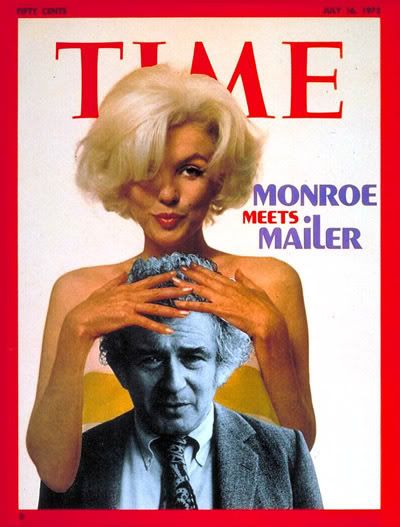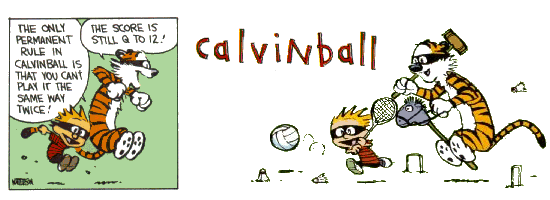
I finished The Naked and the Dead last night. Some of my Mailer fears were confirmed. I didn't really enjoy it on the whole. I thought Mailer's simple-language style wasn't particularly evocative and was pretty boring when stretched over 700 pages. I did like the character sketches that gave background on the characters, both because of the way they were written and because they provided welcome respite from the overly detailed war narrative. I've read about similar military mismanagement issues in a much funnier book and actually quit on a recent televised presentation covering some of the same areas. So what you're left with after removing all of those parts is a lot of "he doesn't know any better/it was another time"-style racism. I'm still holding out hope that I'll enjoy The Executioner's Song since it's about an issue in which I'm actually interested and is often favorably compared to one of my favorite books, In Cold Blood.
Also, John Updike died. Meaning that Pynchon, Joseph McElroy, Howard Zinn and Bob Spitz are the only living authors left on my list. Watch out fellas. It also means that John Irving is the only one left alive to fight against the literary scourge (his opinion, not always mine) that is Tom Wolfe.
Next Up, Howard Zinn's A People's History of the Unites States.




